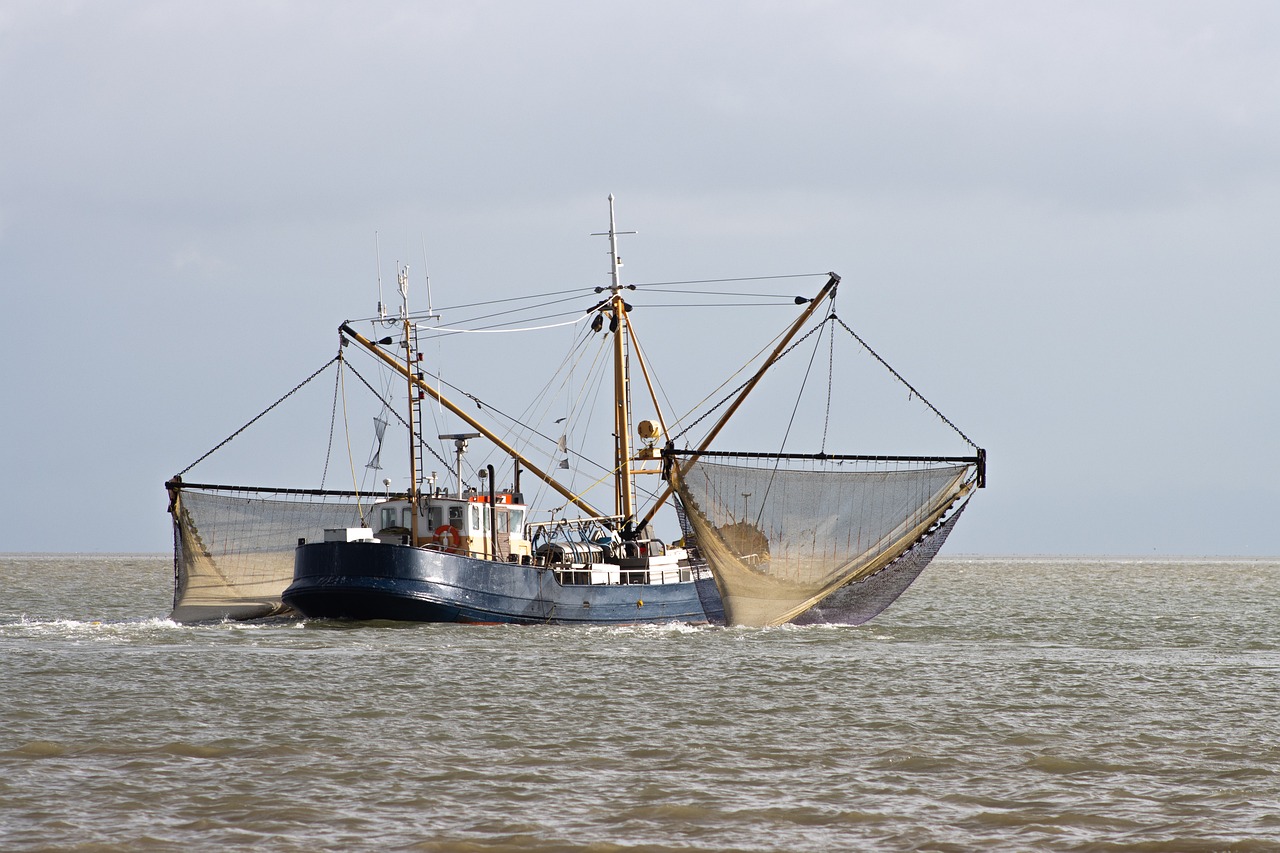Expert Reaction
These comments have been collated by the Science Media Centre to provide a variety of expert perspectives on this issue. Feel free to use these quotes in your stories. Views expressed are the personal opinions of the experts named. They do not represent the views of the SMC or any other organisation unless specifically stated.
Miloud Lacheheb, PhD candidate in Economics at Victoria University of Wellington
Marine heatwaves (MHWs) are short periods of unusually warm sea temperatures that can disrupt marine ecosystems and impact fisheries. Due to climate change, these heatwaves are expected to become more frequent, longer, and more intense.
"In our study examining the effects of MHWs on fish catches in New Zealand's Exclusive Economic Zone, we found that moderate MHWs are linked to increased fish catches. However, as MHWs intensify, their impact turns negative, leading to significant reductions in fish populations and catches. This suggests that intense heatwaves severely disrupt marine habitats, posing a threat to the sustainability of fisheries.
"As MHWs continue to rise in frequency and intensity, new management strategies will be crucial to protect fisheries and marine ecosystems from further harm.



 New Zealand
New Zealand



